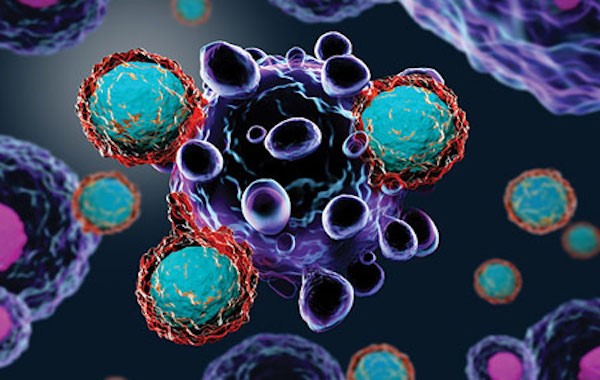You will have a round of sentiments when you initially know that you have cancer, but one fundamental problem you will have to deal with earlier is where and how to get the best possible treatment. You can follow the right way if you ask your doctor various questions and perform your own study on treatment choices. Cancer needs special treatment; thus, finding a cancer treatment center that gives the cure you require is necessary.
How to find a cancer treatment center?
Selecting a cancer specialist is a significant decision. If you are not having any acute symptoms such as vomiting, nausea, and pain, there is generally time to undertake some research. Here are a few important tips that will help in finding the best cancer treatment center for you:
1. Request your primary care provider for a suggestion
You can ask for suggestions from your primary doctor; he might know about an expert.
2. Look for an advanced care provider
Look for centers that follow an interdisciplinary approach. This shows each patient obtains input from well-known cancer experts. The patient will be assisted by experts involving surgeons, medical and radiation oncologists, oncology nurses, and social workers. So, all these experts can evaluate your best treatment plan.
3. Opt for an NCI (National Cancer Institute) approved cancer center
These centers have gained popularity due to their expertise. They are also high in numbers, with doctors showing all facilities who bring different expertise when understanding your best treatment method.
4. Consult more than one doctor
It is beneficial to correlate and find doctors’ treatment suggestions to know whether other experts support advice from one or not.
5. Ask doctors and surgeons about their proven expertise
Questions you should ask a doctor:
- Are you certified by a board in your expertise?
- How many patients have you cured with a specific cancer type?
- How many patients with a particular cancer are diagnosed at the center?
- Is there any team that works in sync to decide on the best treatment option?
Questions you should ask a surgeon:
- How many operations do you perform every year?
- What are the rates of complications?
- What is your thirty-day operational fatality rate? (This is any cessation that occurs within 30 days post-surgery, either inside or outside the center.)
Cancer specialists deliberately predict to accept these types of queries from patients and should not be denigrated.
6. Choose a leading cancer center, even if you are far away
Most specialists in big centers are pleased to work with your regional oncologists and physicians. Normally, part of the treatment (for instance, surgery) is done in the center, and the after-surgery treatment is done at a local level.
7. Have a second opinion if you’re at a medical intersection or looking to change the treatment
Your doctor must be open to choices both regionally and at different cancer centers. Finally, the decision to change treatment groups or centers is your choice based on how satisfied you feel with your doctor.
How to decide on a cancer treatment center?
These issues need to be considered before selecting a cancer treatment center:
- How much knowledge does the center have in curing the cancer type you have? How successful has it been with those therapies or surgeries?
- How near is it to your home or workplace?
- What support solutions does the center offer? Will you easily access dietitians, social workers, and additional care providers?
- Does the treatment center provide any clinical trials?
If the center is away from home, you can ask these questions:
- Does it give a space for you and your family members to stay?
- Is it nearby hotels, airports, and restaurants?
Final Words
Once you have chosen a cancer treatment center, knowing if you would get your treatment in inpatient or outpatient surroundings is necessary. For inpatient treatment, you need to stay in the hospital because you are being closely observed at the time of treatment and recovery. While in outpatient treatment, you do not need a hospital stay. It can occur on hospital premises or in a doctor’s clinic. Consult your health care team today to know the locations where you may get treatment.





